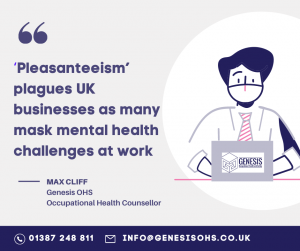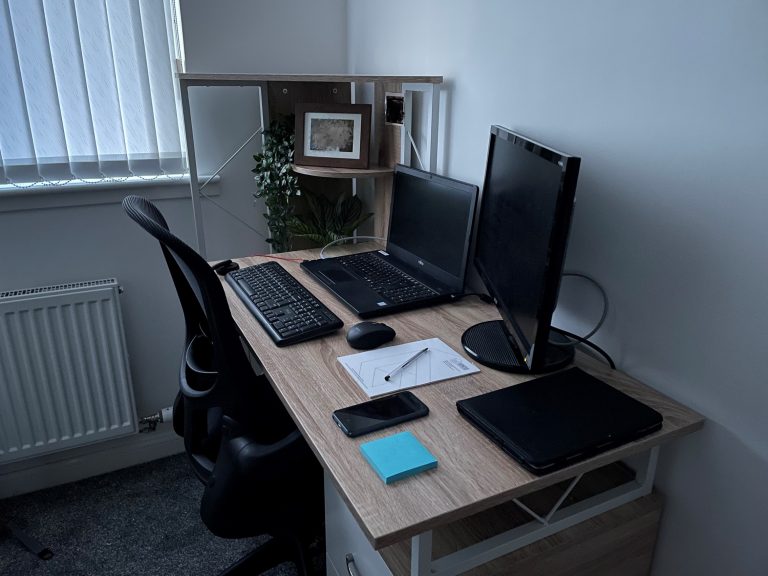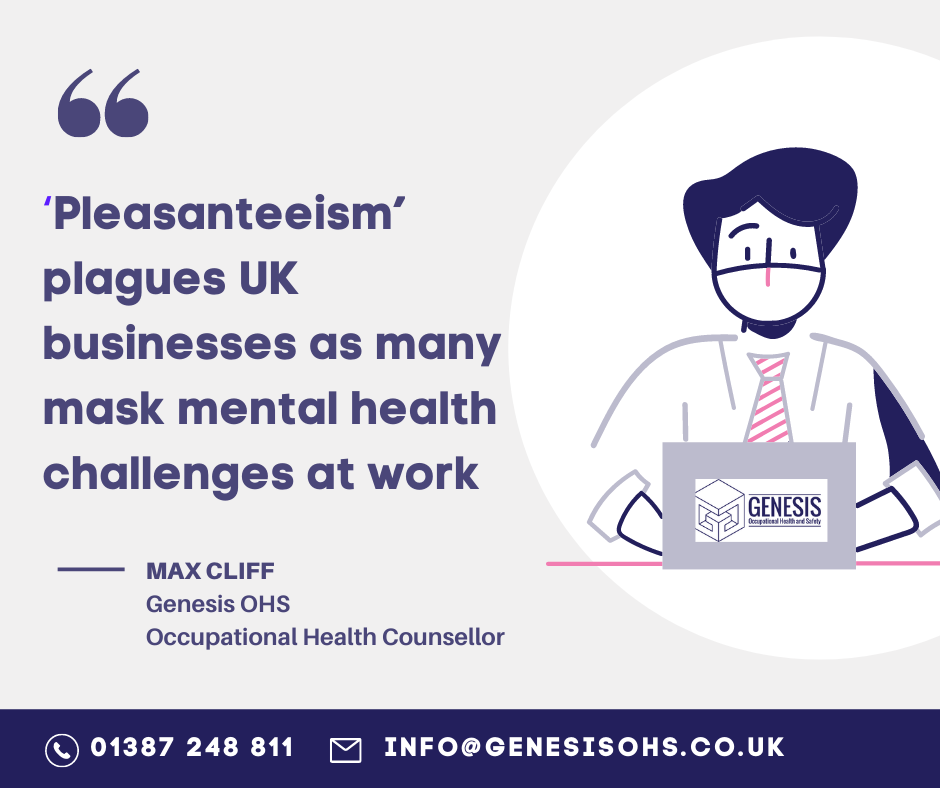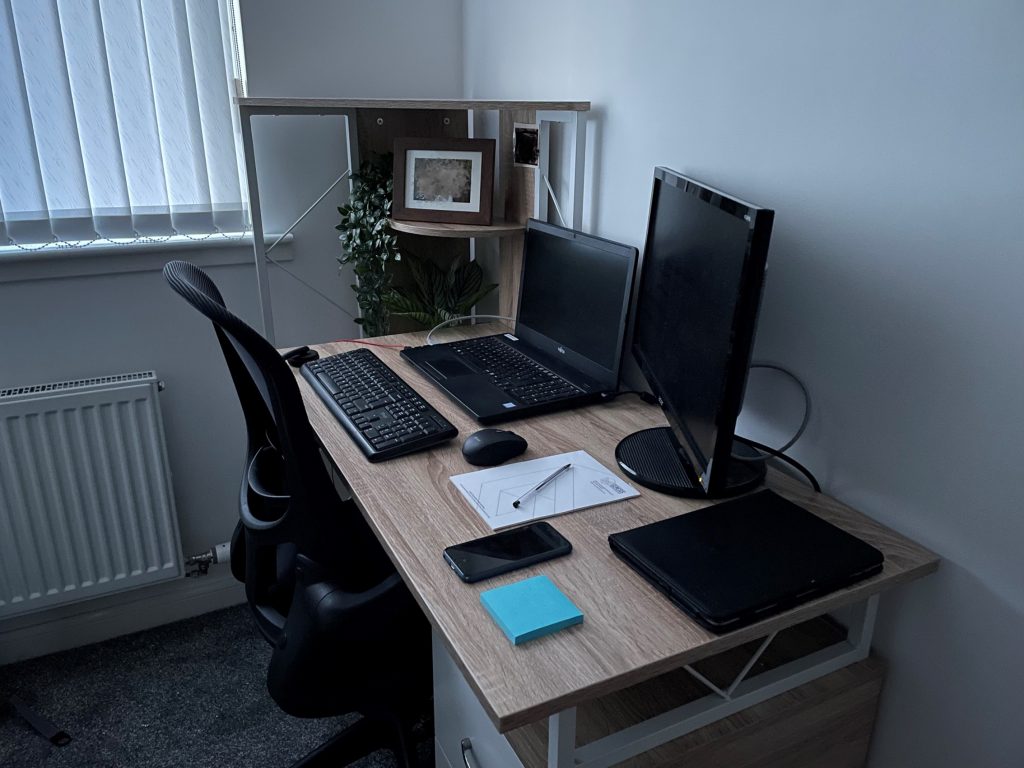‘Pleasanteeism’ plagues UK businesses as many mask mental health challenges at work
‘Pleasanteeism’ plagues UK businesses as many mask mental health challenges at work Read More »

According to new research released this week, Pleasanteeism, characterised as feeling the pressure to put on a brave face at work, is on the rise across the UK. Three quarters (75%) of workers surveyed admit to feeling like they have to put on a brave face in front of their colleagues, regardless of how they’re feeling. Figures indicate pleasanteeism is up by 24 percentage points from May 2021 – when just over half (51%) of workers admitted to suffering from this phenomenon.
Max Cliff, Genesis Occupational Health Counsellor, shares his thoughts on this new research and how employers and employees can overcome perceived barriers to getting help.
‘Pleasanteeism’ plagues UK businesses as many mask mental health challenges at workRead More »
‘Pleasanteeism’ plagues UK businesses as many mask mental health challenges at work Read More »

As the lockdown restrictions begin to ease, it’s understandable to have mixed feelings about returning to the office. Especially if you have been working from home for a prolonged period of time making it the ‘New Norm’.
Generally, people do not like big changes in their lives, the bigger and more sudden the change, the more difficult and longer it takes to adapt to the new circumstances.
Since the 23rd March 2020 the United Kingdom has been in and out of lockdown changing the way we live and work. This is a long time to live with significant restrictions in our lives and, it is understandable, that people adapt and become used to these new conditions.
Due to government guidelines, a lot of people have been working from home for over a year.
With the government working towards easing lockdown restrictions there will be less emphasis on home working and businesses will be requiring their employees to return to the workplace. Just as it has been difficult to adjust to life in lockdown, for many people it will also be difficult to adjust to life after lockdown.
For some, working from home has meant no commute to work, more time with their family or being in their own environment. The thought of going back to the office may have a negative affect on their mental health.
Do you feel that you struggling to adapt to the changes brought on by the lifting of lockdown restrictions?
Are you feeling anxious about:
If so, it could be useful to seek support to help you adjust to this new transition out of lockdown.
Click here to enquire about out Counselling services or visit our occupational health page for more details.
Returning to Work After COVID Read More »
Dormant Bottom Syndrome
Also known as Lazy Bum Syndrome or “dead butt”
As ‘cheeky’ (…..sorry!) as it sounds; this is a genuine occupational health problem experienced by those spending prolonged periods of time sitting (e.g at computers/working from home).
The hip flexors become tightened and the gluteal muscles become ‘lazy’ through lack of use.
This is likely to be on the increase due to people working in a seated position from home during the pandemic and symptoms include lower back pain and ‘clicky’ knees.
Exercises such as squats and even getting up out of the chair on a regular basis can assist in promoting increased use of the gluteal muscles.
Thankfully Genesis physiotherapy services are on hand to provide guidance and support!!
Please visit our Occupational Health Services for more information
Are You A Lazy Bum? Read More »
This website uses cookies so that we can provide you with the best user experience possible. Cookie information is stored in your browser and performs functions such as recognising you when you return to our website and helping our team to understand which sections of the website you find most interesting and useful.
Strictly Necessary Cookie should be enabled at all times so that we can save your preferences for cookie settings.
If you disable this cookie, we will not be able to save your preferences. This means that every time you visit this website you will need to enable or disable cookies again.

